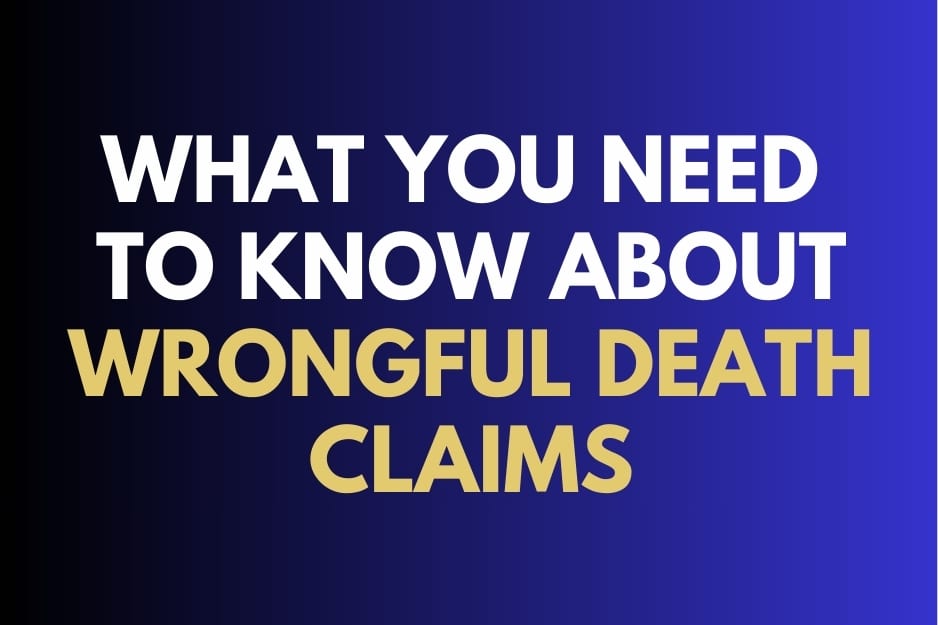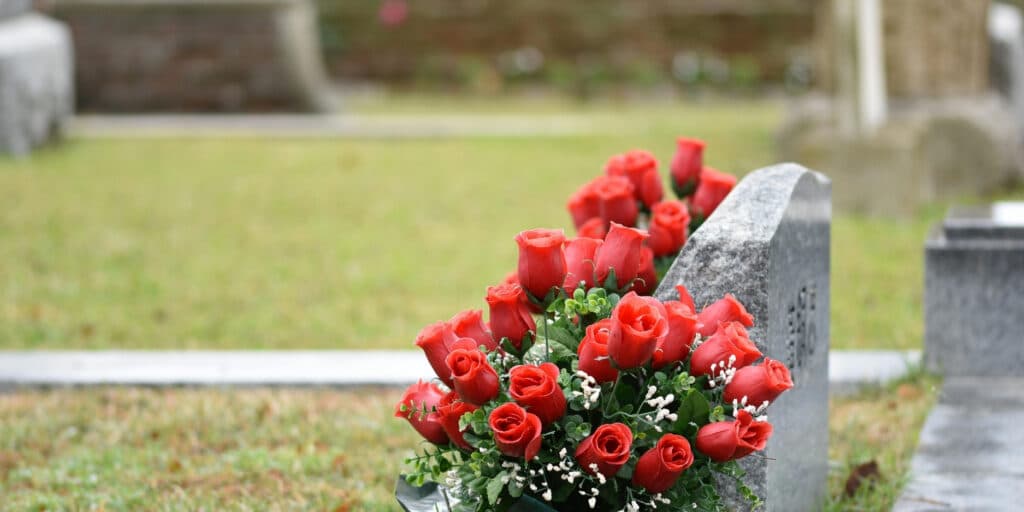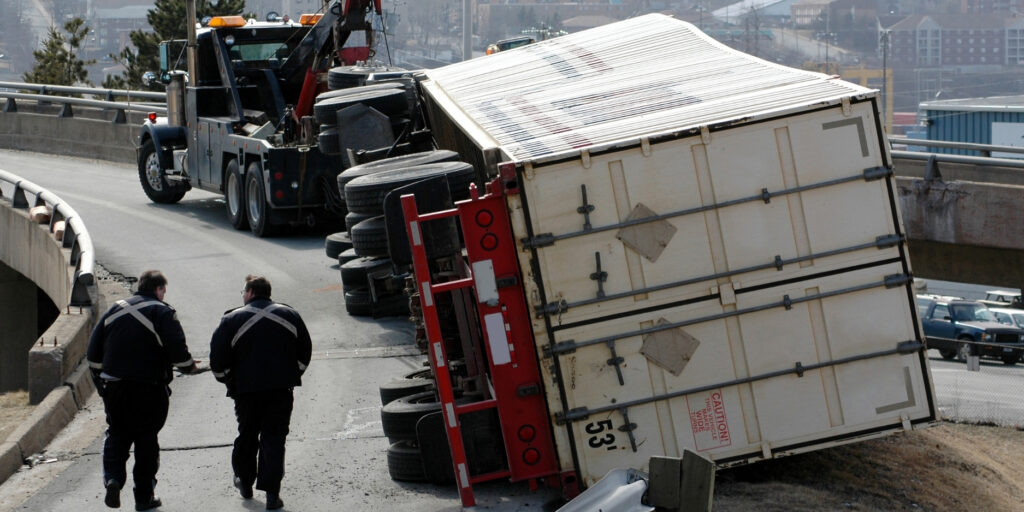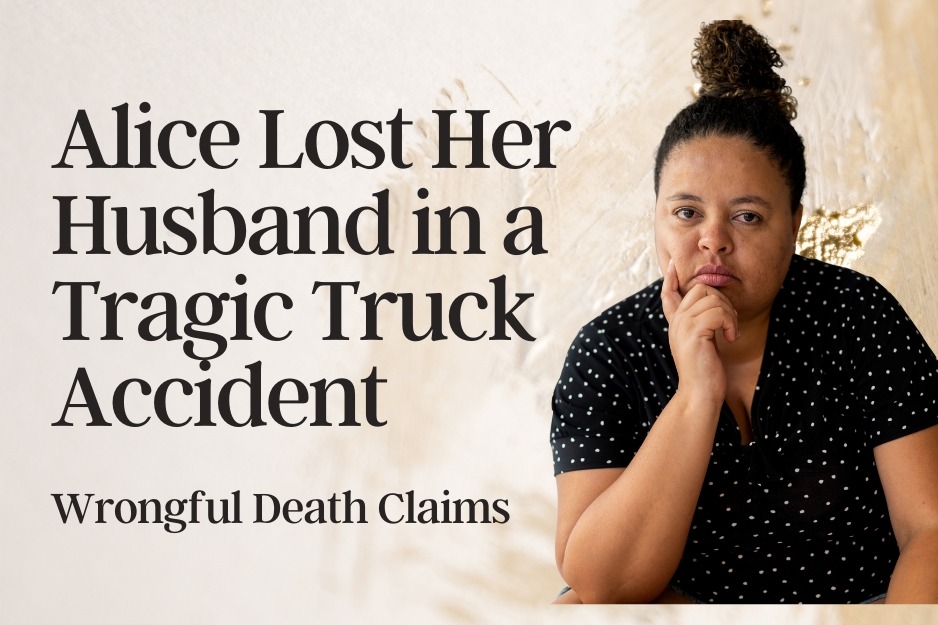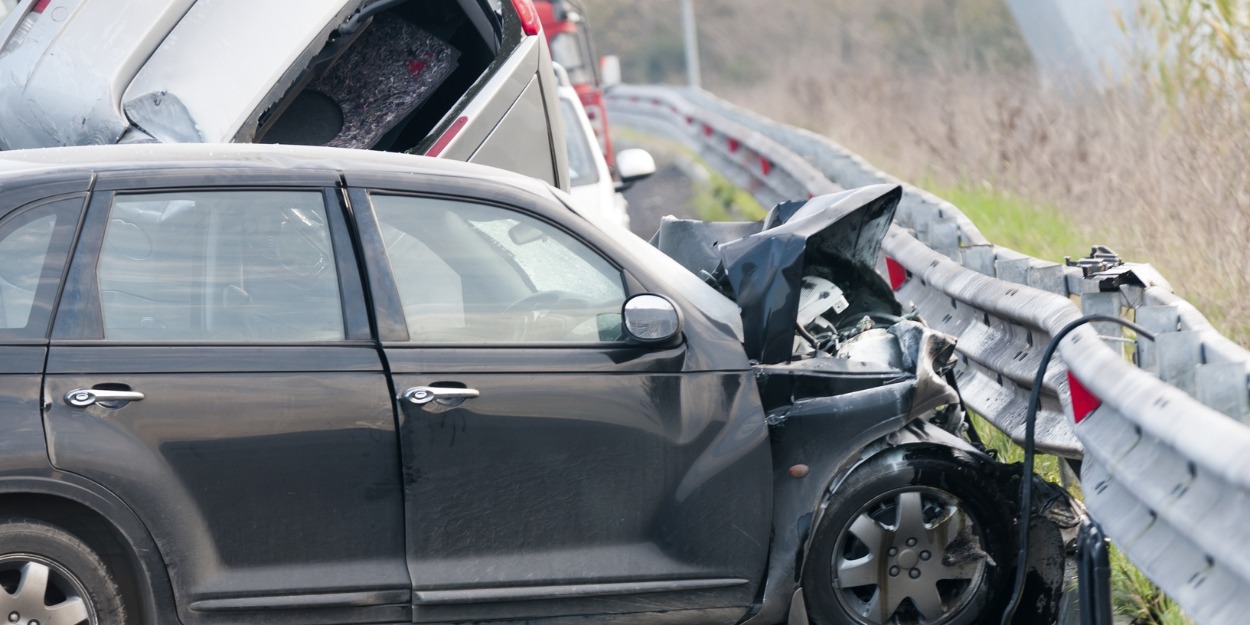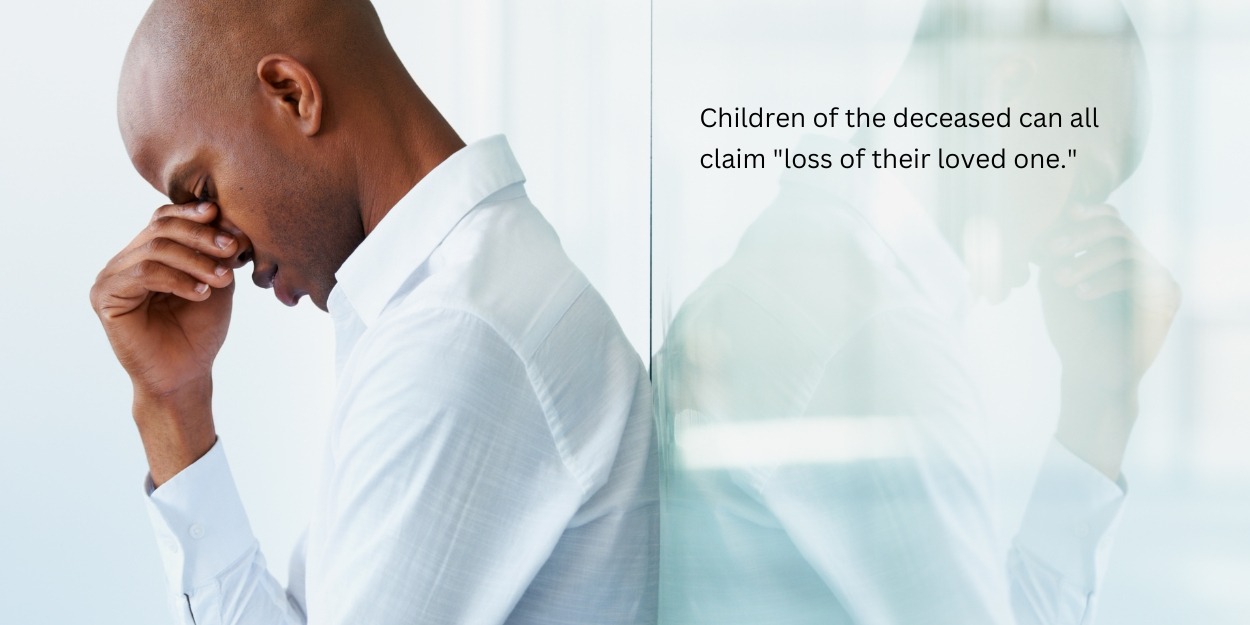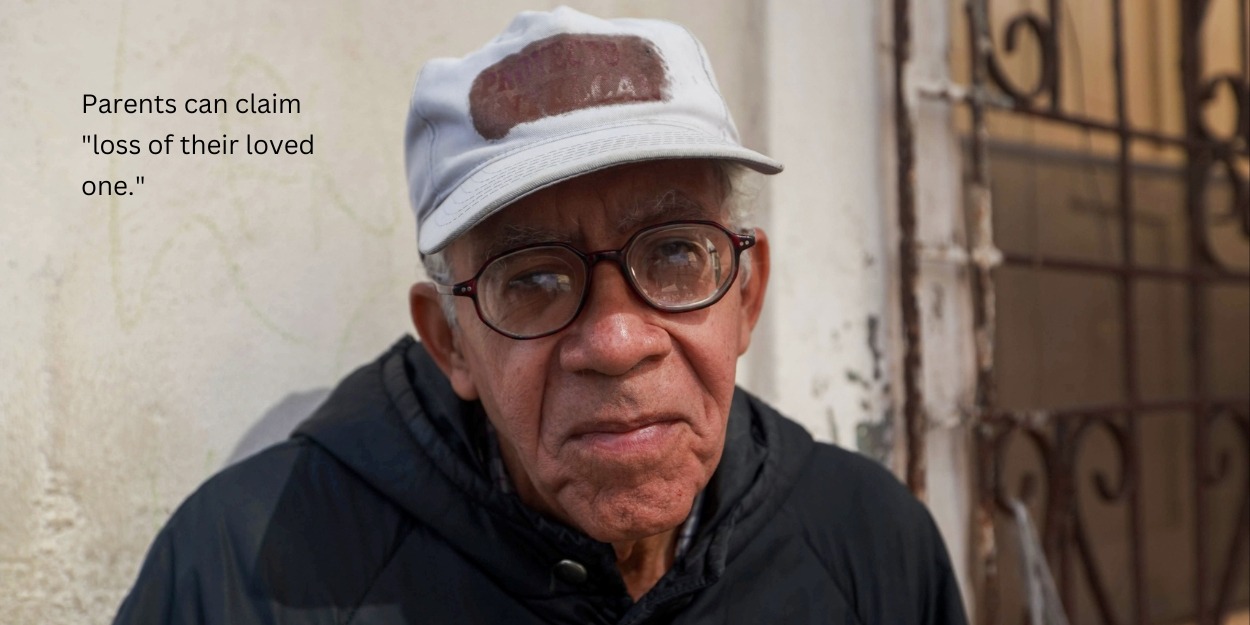Losing a loved one in an accident caused by someone else’s negligence is an unimaginable tragedy, leaving families overwhelmed with grief and uncertainty. Filing a wrongful death claim
In Maryland, the law recognizes the profound impact of such a loss and provides a way for families to seek justice through the Maryland Wrongful Death Statute.
When faced with the wrongful death of a loved one, understanding how this law works, who it protects, and how it can help families hold negligent parties accountable is important.
If you have questions about the untimely death of a loved one in an accident, contact an experienced wrongful death lawyer.
Why file a wrongful death claim?
Filing a wrongful death claim can be a vital step for families seeking justice after losing a loved one due to someone else’s negligence. This legal action allows surviving family members to hold the responsible party accountable and recover compensation for the emotional and financial hardships caused by their loss.
While no amount of money can replace a loved one, a wrongful death lawsuit can help ease the burden of:
– medical expenses
– funeral costs
– lost income
– provides some stability and support during an incredibly difficult time.
It’s also a way to honor your loved one’s memory by ensuring that negligence doesn’t go unanswered.
What are Maryland’s wrongful death statutes?
Wrongful death statutes play a crucial role in personal injury cases by equalizing the opportunity for surviving family members to obtain justice, whether the harm caused by a defendant’s negligence or wrongful act results in death or injury.
Originally, surviving family members had no legal remedy for the loss of a loved one caused by a defendant’s harmful act.
This limitation created the innuendo that it was cheaper for defendants to cause death over injury. Fortunately, this problem was remedied in 1852 with the passage of the Maryland Wrongful Death Act by the Maryland Legislature.
Currently codified at § 3-901 of the Courts and Judicial Proceedings Article in the Maryland Code, a cause of action – separate from a personal injury claim – is provided for certain family members of a deceased individual.
Essentially, Maryland’s wrongful death statute grants the decedent’s surviving family members the right to sue for compensation for the loss if another person’s negligence caused the death.
Who has the right to file a wrongful death claim?
The determination of which family members are eligible to file a wrongful death claim is explained in § 3-904 of the statute. Eligible parties are categorized into primary versus secondary beneficiaries.
Primary beneficiaries are the decedent’s spouse, parents, and children, as they are viewed to have suffered the most direct harm and impact from the loss of a loved one.
Secondary beneficiaries are financially dependent family members, such as siblings, relatives, or individuals related by marriage to the decedent.
Evidence documenting (or illustrating) the close relationship to the decedent is required for secondary beneficiaries to show a strong dependency on the loved one and the negative impact of the loss.
Understanding Statutes of Limitations for Maryland Wrongful Death Cases
Statutes of limitations set forth clear time frames for eligible parties to bring forth a cause of action.
For a Maryland wrongful death claim, the statute of limitations is within three years of the decedent’s death. Failing to adhere to this time frame will typically result in a complete and final bar of the claim.
Importantly, wrongful death actions are not derivative claims to recover for the harm that the decedent experienced prior to his or her death.
Instead, wrongful death actions are for the surviving family members who have experienced the loss of their loved one. It is a claim that is separate and apart from the decedent’s own claim before his or her death.
Thus, even if the statute of limitations has passed for the decedent’s claim, family members can still pursue an independent wrongful death claim within the time frame of three years from the date of the decedent’s death.
Are Funeral Costs and Emotional Loss Covered in a Wrongful Death Claim?
The purpose of wrongful death claims is to compensate designated surviving family members for the harm they have experienced from the loss of their loved one.
Economic damages compensate beneficiaries for calculable losses due to the death of a loved one and include costs such as funeral expenses and the loss of the decedent’s expected earnings, financial contributions, and benefits.
Non-economic damages refer to the intangible harm that beneficiaries experience from the loss of their loved one, such as pain and suffering, grief, loss of companionship, emotional support, and consortium.
Due to the non-quantifiable nature of non-economic damages, Maryland juries are instructed to allocate a reasonable figure (within the state cap of $920,000 for non-economic damages) for the beneficiaries’ emotional suffering.
Did Negligence Cause a Loved One’s Death?
Wrongful death can result from a wide range of accidents caused by negligence or wrongful actions.
Car Accident Deaths: These can include motor vehicle accidents, such as car, truck, or motorcycle crashes, where reckless driving, speeding, or impaired driving leads to fatal injuries.
Workplace Accident Deaths: Workplace accidents, particularly in hazardous industries like construction, can also result in wrongful death if safety protocols are ignored.
Medical Negligence Deaths: Medical malpractice, including misdiagnosis, surgical errors, or birth injuries, is another common cause.
Defective Product Deaths: Product defects, such as faulty machinery or dangerous consumer goods, can tragically lead to loss of life.
In all these cases, the common thread is negligence or misconduct that could have been prevented, making it possible for surviving family members to seek justice and accountability. It is important to hire a personal injury attorney who knows wrongful death law.
Understanding Estate Claims and Wrongful Death in Maryland
Often confused with wrongful death beneficiaries, are intestate law beneficiaries or beneficiaries named in a will. However, there are key differences between wrongful death claims and estate claims.
Notably, wrongful death claims grant family members the right to bring legal action for the harm they experienced from the loss of their loved one due to negligence or a “wrongful” act. The beneficiaries outlined in the statute receive compensation for their losses.
In contrast, any (settlement) funds obtained are subject to legal directives from the decedent’s will or, if there is no will, as per Maryland’s intestacy laws.
While an individual may not be entitled to recovery from a wrongful death claim per the wrongful death statute in Maryland, they may be able to recover damages awarded to the estate from the decedent’s survival action if the person’s share is identified in the will.
In the absence of a will, the allocation of funds will be determined by Maryland’s intestacy laws.
Maryland’s Trusted Wrongful Death Lawyers
At The Yost Legal Group, we understand the overwhelming pain and challenges families face after the untimely loss of a loved one due to someone else’s negligence.
Our personal injury law attorneys are dedicated to helping individuals in Maryland protect their rights. We work to pursue full compensation to ease the financial and emotional burdens of such a devastating loss.
Our compassionate wrongful death attorneys will guide you every step of the way. Cases are handled on a contingency fee basis. When we file a lawsuit in Maryland, you do not have to pay any upfront money. We are paid after we settle your case.
If you have lost a loved one and have questions, contact The Yost Legal Group today. We provide a free case review, so call (800)-YOST-LAW, (800)-967-8529.
You don’t have to face this alone—we’re here to help. It is essential to know your legal options.
Lawyers for Wrongful Death – Lawyer for Personal Injury – Lawyer for Truck Accident
Unlawful Death Lawyers – Bicycle Injury Lawyer – Motorcycle Accident Lawyer
